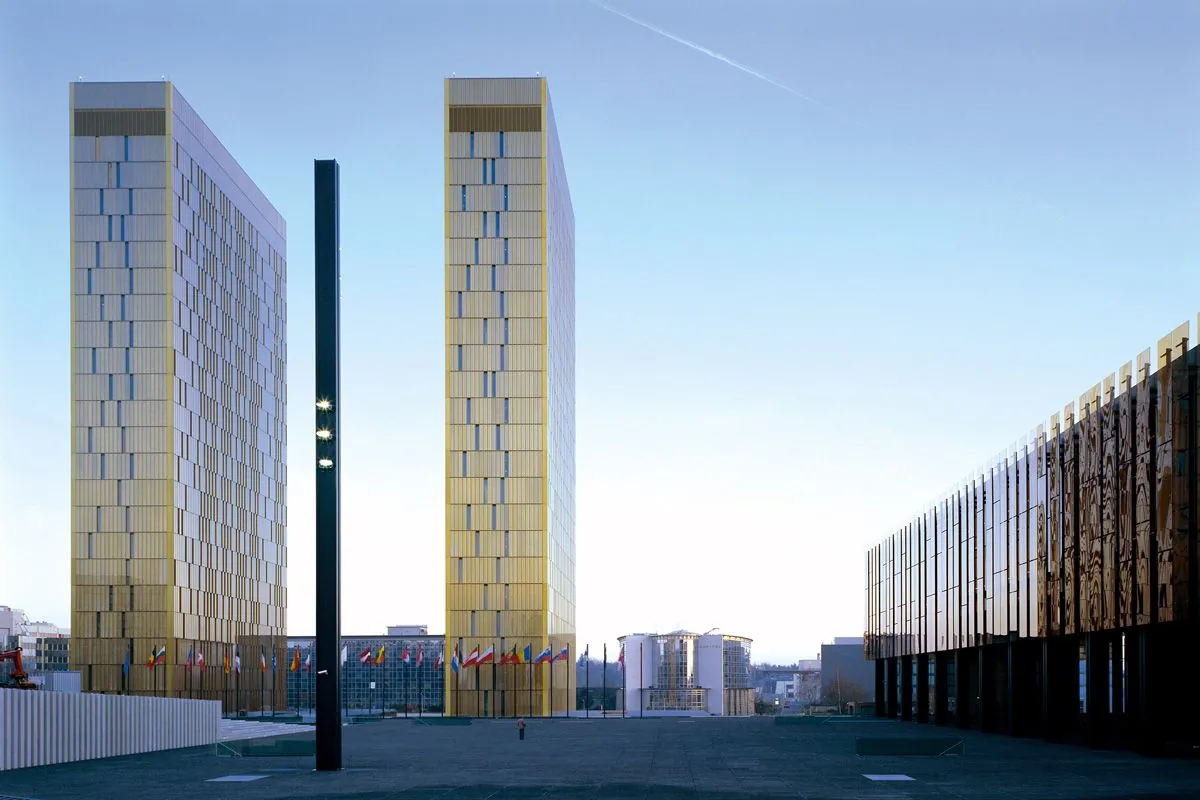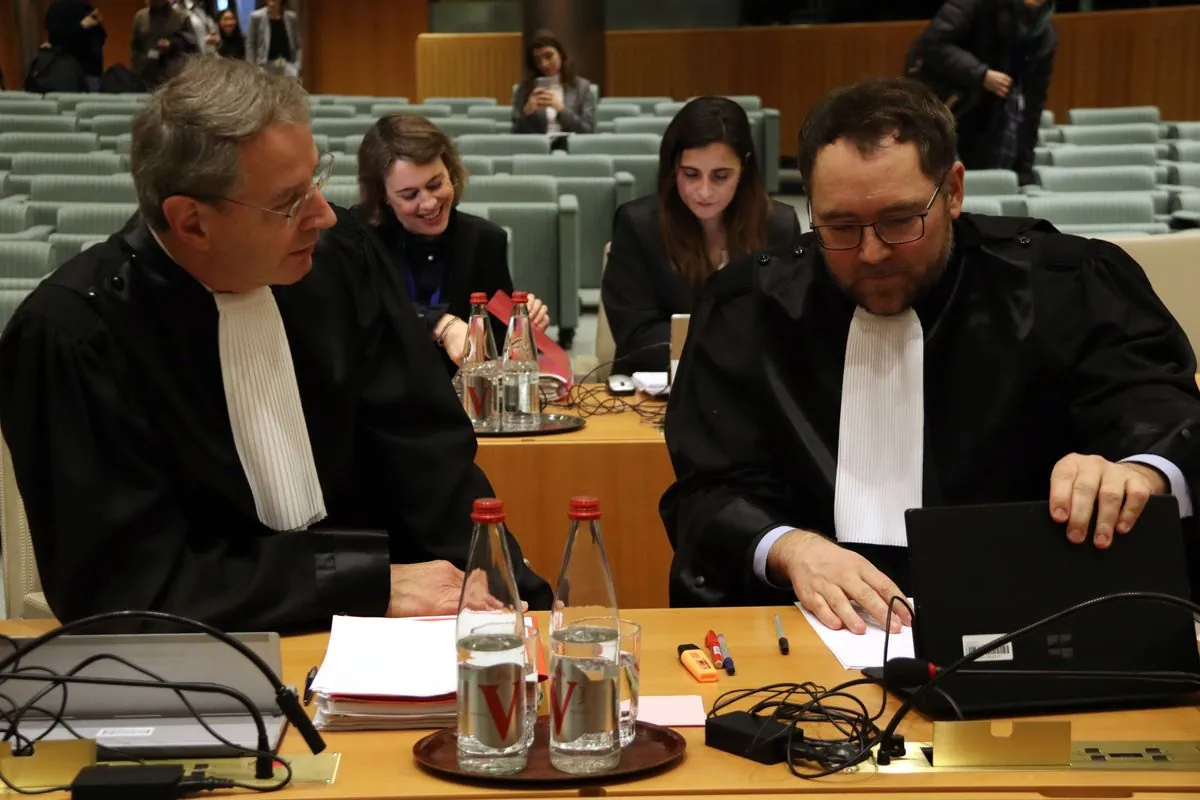EU Court Upholds Ban on Legal Advice to Russian Entities Amid Sanctions
The EU General Court has maintained its prohibition on providing legal advice to Russian entities, part of sanctions imposed following the Ukraine invasion. The ruling clarifies the ban's scope and exceptions.

In a significant development, the General Court of the European Union has reaffirmed its stance on restricting legal services to Russian entities and individuals. This decision, announced on October 2, 2024, upholds a measure initially implemented in 2022 as part of the European Union's comprehensive sanctions against Russia in response to its invasion of Ukraine.
The ruling came after challenges from prominent legal organizations, including the Dutch bar association of Brussels and the Paris bar. These professional bodies had sought to have the measure annulled, highlighting the complex interplay between international sanctions and legal services.

The General Court, one of the three courts comprising the Court of Justice of the European Union, provided crucial clarification on the scope of the prohibition. According to the court's statement, "The prohibition thus applies only to legal advice that has no link with judicial proceedings." This specification is vital for understanding the extent of the ban's application.
Importantly, the court emphasized that legal advice provided to natural persons, particularly individuals, does not fall within the purview of this prohibition. This distinction underscores the EU's attempt to balance sanctions enforcement with the protection of individual rights.
The EU's sanctions policy, part of its Common Foreign and Security Policy, aims to induce changes in the target country's activities. Since 2014, the EU has implemented multiple rounds of sanctions against Russia, with measures intensifying following the 2022 invasion of Ukraine. These sanctions include asset freezes, travel restrictions, and now, limitations on legal services.
It's worth noting that the EU's decision-making process for sanctions requires unanimous approval from all 27 member states, reflecting the union's complex governance structure. The General Court, established in 1989 to alleviate the Court of Justice's workload, plays a crucial role in interpreting and upholding EU law.
This ruling highlights the ongoing tension between international sanctions and the provision of professional services. While sanctions can have significant economic impacts on both the target and imposing countries, they also raise questions about access to legal representation and advice.
The Court of Justice of the European Union, based in Luxembourg, stands at the center of these legal deliberations. As the EU continues to navigate its response to international conflicts, the role of its legal institutions in shaping and interpreting sanctions policies remains paramount.
"The prohibition thus applies only to legal advice that has no link with judicial proceedings. The General Court adds that legal advice provided to natural persons, in particular, does not fall within the scope of the prohibition."
This decision underscores the EU's commitment to maintaining pressure on Russia while attempting to define clear boundaries for the application of sanctions. As the situation evolves, the legal community and international observers will closely monitor the implications of this ruling on EU-Russia relations and the broader landscape of international sanctions.


































